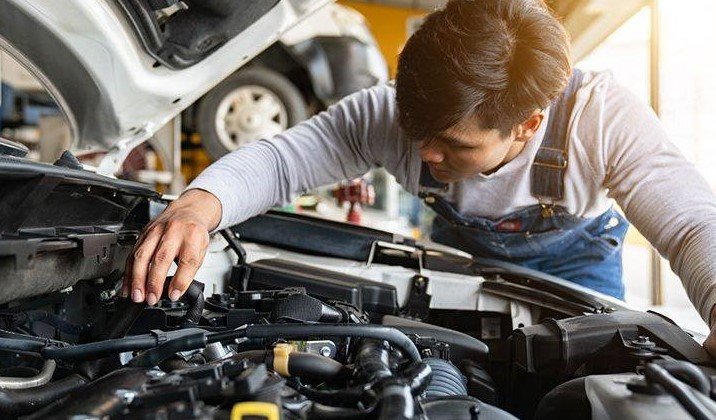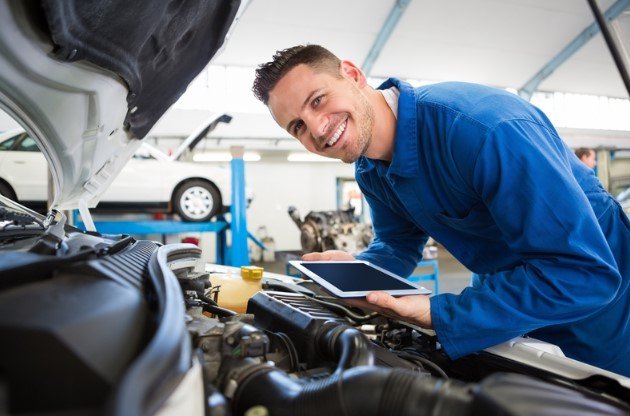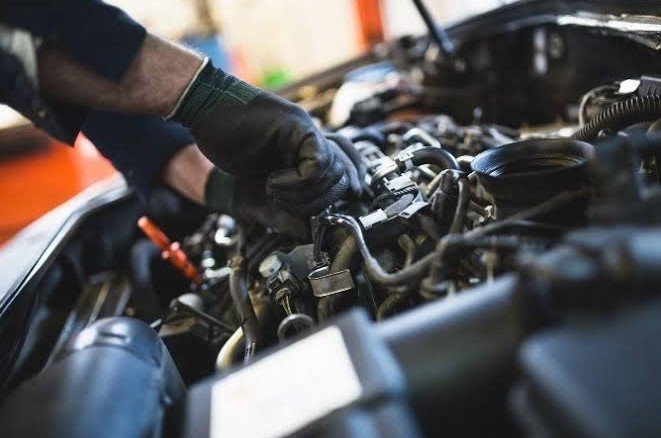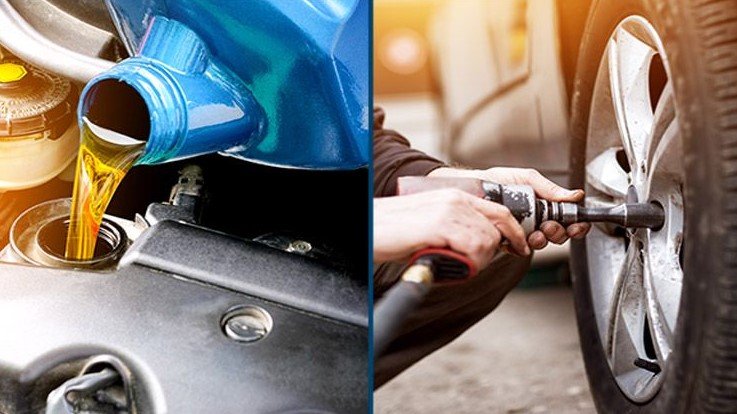
Auto Maintenance: A Comprehensive Guide

Welcome to the world of auto maintenance, where a little effort today can save you significant headaches and expenses tomorrow. Whether you’re a seasoned car enthusiast or a novice driver, understanding the basics of auto maintenance is crucial for keeping your vehicle running smoothly and efficiently.
Introduction to Auto Maintenance
Maintaining your vehicle isn’t just about keeping it looking good; it’s about ensuring its longevity and performance on the road. By investing time and resources into regular maintenance, you not only extend the life of your car but also prevent costly repairs down the line.
Basic Auto Maintenance Tasks
Checking Fluid Levels
One of the simplest yet most important maintenance tasks is regularly checking your vehicle’s fluid levels. From engine oil to coolant and brake fluid, keeping these levels topped up ensures proper lubrication and cooling, vital for your car’s smooth operation.
Tire Inspection and Rotation
Proper tire maintenance is crucial for safety and performance. Regularly inspecting your tires for wear and tear and rotating them at recommended intervals promotes even tread wear and extends tire life.
Regular Oil Changes
Regular oil changes are the cornerstone of preventive maintenance. Fresh oil lubricates engine components, reduces friction, and helps prevent overheating and engine damage.
Advanced Auto Maintenance Procedures
Brake System Inspection and Maintenance
Your vehicle’s braking system is a critical safety feature. Regular inspections and maintenance, including brake pad replacement and brake fluid flushes, ensure optimal braking performance and safety on the road.
Air Filter Replacement
A clean air filter is essential for efficient engine performance and fuel economy. Regularly replacing your vehicle’s air filter prevents dirt and debris from entering the engine, prolonging its life and improving performance.
Battery Maintenance
A well-maintained battery is key to reliable starting and electrical system performance. Regularly checking battery terminals for corrosion and ensuring proper connections can prevent unexpected breakdowns.
The Role of Professional Auto Maintenance Services
While DIY maintenance can save you money, some tasks are best left to professionals. Regular inspections by trained technicians can catch potential issues early, saving you from costly repairs and ensuring your vehicle’s safety and reliability.
DIY vs. Professional Auto Maintenance
Pros and Cons of DIY Maintenance
DIY maintenance can be rewarding and cost-effective, but it also comes with risks. Without proper knowledge and equipment, DIYers may inadvertently cause damage or overlook critical issues.
Benefits of Professional Services
Professional auto maintenance services offer expertise, specialized equipment, and access to quality parts. While they may cost more upfront, professional inspections and repairs can prevent costly breakdowns and ensure your vehicle’s long-term health.
Common Auto Maintenance Mistakes to Avoid
Neglecting Regular Check-ups
Ignoring routine maintenance tasks can lead to major issues down the line. From fluid leaks to worn-out components, neglecting regular check-ups can result in costly repairs and decreased vehicle reliability.
Ignoring Warning Signs
Your vehicle often gives you warning signs when something isn’t right. Ignoring unusual noises, dashboard warning lights, or changes in performance can lead to further damage and safety risks.
Using Incorrect Products or Techniques
Using the wrong type of oil or incorrect maintenance techniques can damage your vehicle’s engine or components. Always refer to your owner’s manual and follow manufacturer recommendations for maintenance procedures.
Tips for Effective Auto Maintenance
Creating a Maintenance Schedule
Developing a regular maintenance schedule ensures that essential tasks are performed on time, preventing unnecessary wear and tear and extending your vehicle’s lifespan.
Keeping Records of Maintenance Tasks
Maintaining detailed records of all maintenance and repairs helps track your vehicle’s history and identify patterns or recurring issues. It also provides documentation for warranty claims and increases resale value.
Staying Informed About Your Vehicle
Understanding your vehicle’s specific maintenance requirements and recommended service intervals empowers you to make informed decisions and stay ahead of potential problems.
Environmental Impact of Auto Maintenance
Proper Disposal of Used Materials
Used motor oil, filters, and other automotive fluids require proper disposal to prevent environmental contamination. Recycling or disposing of these materials responsibly helps protect the environment and conserve natural resources.
Eco-friendly Maintenance Practices
Choosing eco-friendly products and practices, such as synthetic motor oil and energy-efficient driving habits, minimizes your vehicle’s environmental footprint while maintaining optimal performance.
Future Trends in Auto Maintenance
Technological Advancements in Auto Maintenance
Advancements in automotive technology, such as diagnostic sensors and predictive analytics, are revolutionizing auto maintenance. These innovations enable proactive maintenance and real-time monitoring, enhancing vehicle reliability and performance.
Electric Vehicle Maintenance Considerations
As electric vehicles become more prevalent, auto maintenance practices are evolving to accommodate their unique needs. From battery health monitoring to specialized service procedures, electric vehicle maintenance presents new challenges and opportunities for innovation.
Conclusion
Auto maintenance is more than just a chore; it’s an investment in the longevity and performance of your vehicle. By staying proactive and adhering to a regular maintenance schedule, you can enjoy peace of mind on the road and avoid costly repairs.
FAQs (Frequently Asked Questions)
- How often should I change my vehicle’s oil?
- It depends on your vehicle’s make, model, and driving conditions. Refer to your owner’s manual for specific recommendations.
- Do I need to rotate my tires if I have all-wheel drive (AWD) or four-wheel drive (4WD)?
- Yes, even AWD and 4WD vehicles benefit from tire rotation to ensure even wear and extend tire life.
- What are some signs that my brakes need servicing?
- Warning signs include squealing or grinding noises, spongy brake pedal, and longer stopping distances.
- Can I perform my own brake repairs at home?
- While it’s possible, brake repairs require specialized knowledge and equipment. It’s generally safer to have brakes serviced by a professional technician.
- How can I prolong my vehicle’s battery life?
- Regularly checking battery terminals for corrosion, keeping connections tight, and avoiding deep discharges can help extend battery life.


